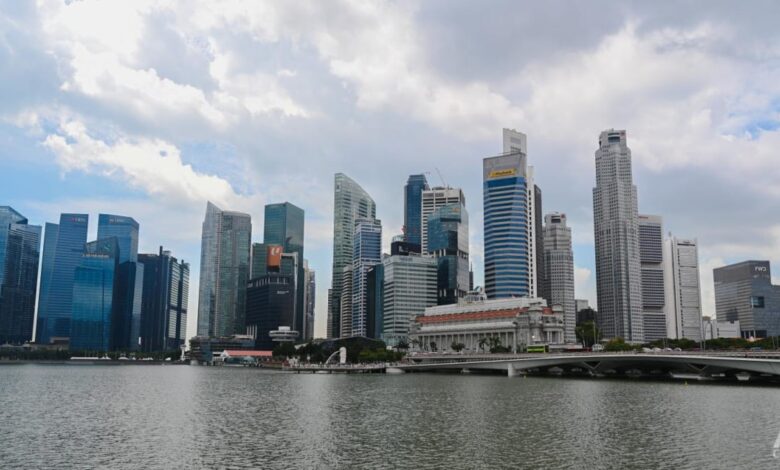Nine companies identified as critical entities under Significant Investments Review Act

SINGAPORE: Nine companies, including three in the oil industry and four under ST Engineering, have been designated as critical entities under a new law aimed at managing threats posed by significant investments.
The Significant Investments Review Act (SIRA), which came into force in March, scrutinises such investments, whether local or foreign, into entities that are critical to Singapore’s national security interests.
Published in the Government Gazette on Friday (May 31), the list comprises: ST Logistics, Sembcorp Specialised Construction, ST Engineering Marine, ST Engineering Land Systems, ST Engineering Defence Aviation Services, ST Engineering Digital Systems, ExxonMobil Asia Pacific, Shell Singapore and Singapore Refining Company.
The new law “will strengthen Singapore’s position as a trusted and reliable business hub where investors can continue to invest with confidence”, said the Ministry of Trade and Industry (MTI) in a press release on Friday.
Previously, Singapore relied on sector-specific laws – such as legislative restrictions on foreign ownership and licensing regimes where investors must seek approval from relevant regulators – to manage entities in regulated sectors like telecommunications, banking and utilities.
SIRA complements these existing sectoral safeguards by introducing a new investment management regime for specified entities identified as being critical to national security, said Trade and Industry Minister Gan Kim Yong in January as he tabled the Bill for second reading.
The need for an updated regulatory toolkit comes amid an increasingly complex world and an uncertain economic environment, added Mr Gan, citing the occurrence of several global financial crises in recent years and the COVID-19 pandemic that led to border restrictions and supply shortages.
The new law applies to entities that are deemed critical and are not yet covered by existing legislation, and are designated based on whether the entity provides a critical function in relation to the country’s national security interests, such as being a key provider of security-related functions where there are limited or no alternatives.
Entities that are designated will be required to notify or seek approval from the authorities for ownership or control changes. Transactions that occur without the necessary approvals will be rendered void.
Buyers will have to notify the Minister for Trade and Industry within seven days of becoming a 5 per cent controller of an entity. Approval is needed for other controlling thresholds – 12 per cent, 25 per cent and 50 per cent – and acquisitions.
Sellers are also required to seek approval when they cease to be a 50 per cent or 75 per cent controller.
Additionally, the entities will have to seek approval for the appointment of key positions, such as CEO and director posts. Such officers may be removed if they have been appointed without approval or if the conditions of approval are breached.
These entities also cannot be voluntarily wound up or dissolved without the minister’s consent so as to ensure the security and reliability of their functions. The government can step in if national security issues arise or the delivery of essential services is disrupted.

